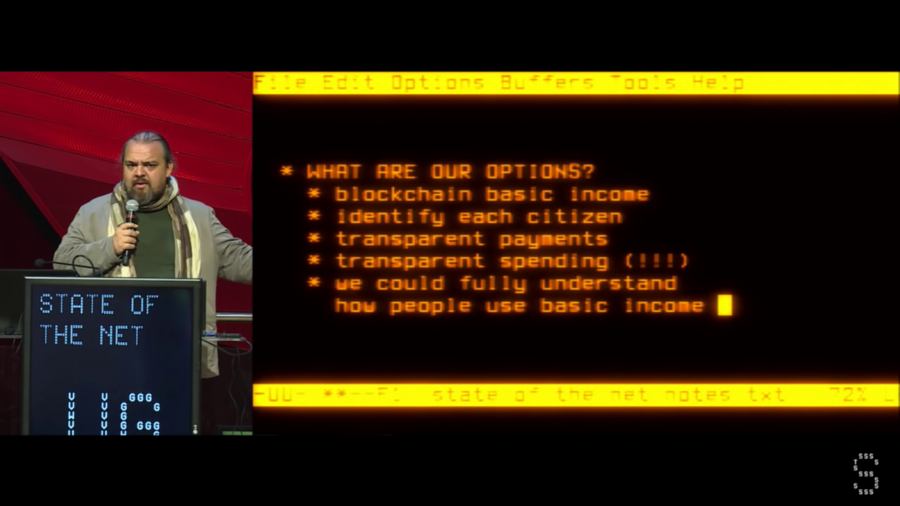Self-sovereign identity is what sits in the middle enabling individuals to manage all these different relationships in a way that is significantly less complex than each of those institutions needing to have a business relationship with each other to see those credentials.
Archive (Page 1 of 3)

The system I would want is I would want an assurance that if some extraordinary measure has to be put in place temporarily to deal with a temporary crisis, that the word “temporary” will in fact continue to apply. And I will add that this is a moment when I really wish we had a functioning Congress.

I think we’re already moving into a very—uncomfortably for most of us, into a place where nation-states, governments, are being forced to cede authority to corporations. And that is going to, I assume, happen faster and faster. And if you throw in space, if you throw in the limitlessness of space, then I mean…the sky’s the limit so to speak. I don’t know what the…where that takes us.
What we’ll be covering is just the general issue of political information on the net. And actually I think probably all three of us are in somewhat agreement that the government on the net is maybe the least best-poised to make use of this, or the most challenged by political speech on the net, the politics of the information flowing around the net.
As we’ve moved into increasingly digital spaces, so online worlds, we’re moving away from your traditional physical spaces where you have public streets; where you have public squares; where people can go to protest, and into areas, if you would call them that, that are entirely controlled by corporations.

Hegel was a young lecturer at a German university at the time of the Napoleonic Wars. And the French armies were laying siege to his city and he had to evacuate. And he wrote to his friends afterwards, saying, “I have seen the future. The future comes on horseback.”





